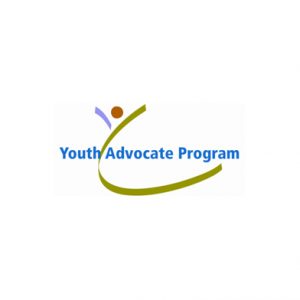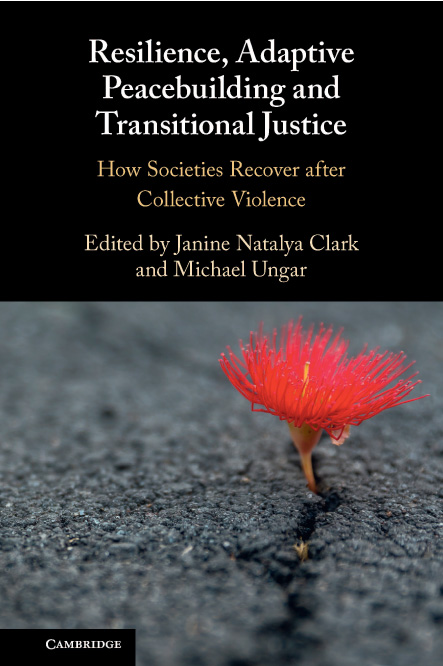Youth Advocate Program
The Youth Advocate Program targets youth between the ages of 9 – 14 who show a risk of gang-involvement and engagement in criminal behaviour in the Halifax Regional Municipality. The main goal of the YAP is to reduce youths’ involvement with gangs by addressing factors such as lack of school attachment and role models, self-esteem, engagement in anti-social behaviours, family relationships, bullying, and gang membership. The YAP uses an adapted WRAPAROUND approach to intervention, where they aim to connect disadvantaged youth and their families to a range of supports and resources that address multiple needs in a comprehensive manner.

The RRC’s evaluation team engaged in both quantitative and qualitative data collection to explore the program inputs, program activities and program outputs. As a means of evaluating the measurable outcomes of the program, the questionnaire youth complete upon entry into the program, is completed again once every six months while in the program and then upon exiting the program for the following two years. Qualitative data collection included one-on-one interviews with youth and parent(s)/caregiver(s)/legal guardian(s), file reviews of active and inactive case records of the YAWs and focus groups with stakeholders (e.g. management team, advisory committees and the YAP staff). Qualitative data helped review program inputs and program activities. This data also provided important understanding of the questionnaire data and program outcomes. Quarterly and annual reports of the evaluation were shared with the YAP to help improve the program over the course of the pilot project.














